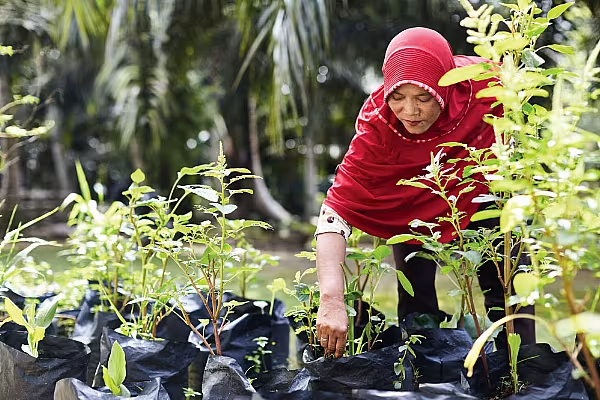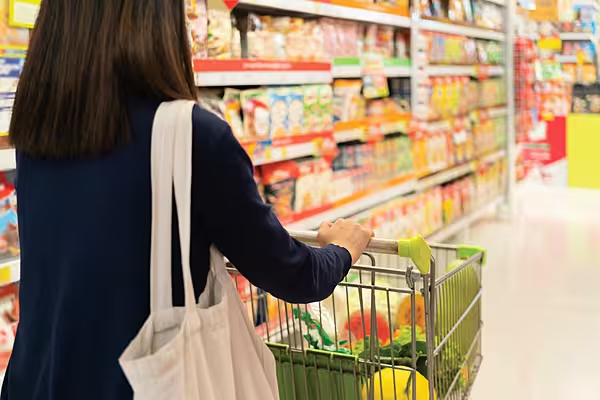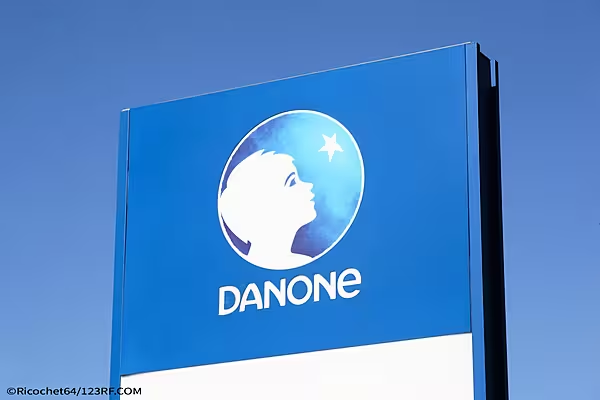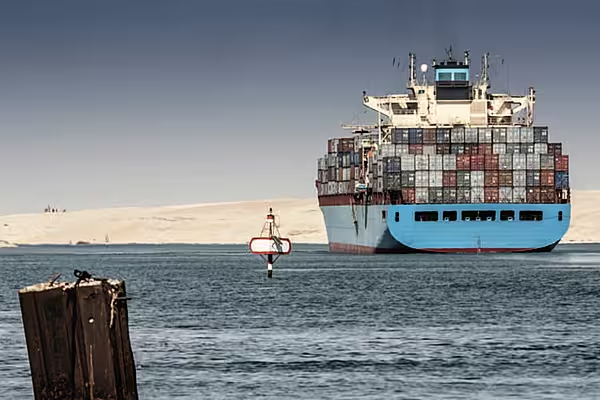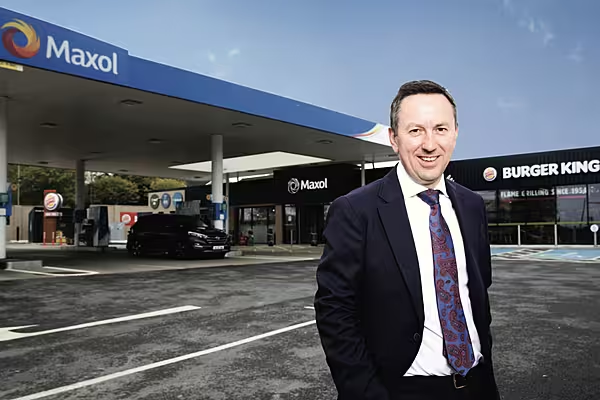As part of our Sustainability 2023 report, ESM caught up with industry leaders across a host of leading retail and consumer goods firms to discuss their ESG achievements to date, efforts made to tackle Scope 3 emissions, and what the current cost-of-living crisis means for sustainability – both for themselves and their consumer base.
Hannah Hislop, Sustainability Manager, Climate, Unilever
Our Unilever Compass sets out our vision and underpins our entire business model to be the leader in sustainable business. We believe that a purpose-driven business will drive superior performance for all our stakeholders, from shareholders to consumers to employees.
The Compass is orientated around five strategic priorities, such as developing our portfolio in high-growth areas and winning with our brands as a force for good. These are underpinned by sustainability goals in areas such as climate, nature, nutrition, and living wage.
Also, in 2020, we launched our Unilever’s Partner with Purpose (UPWP) programme, which takes purpose-led partnerships to a whole new level, to fuel industry-leading innovations, protect and regenerate nature, and make sustainable living commonplace.
Tackling Scope 3
Scope 3 is Unilever’s biggest decarbonisation challenge. We must work together with our suppliers to tackle their greenhouse gas emissions in order to bring our own to net zero.
One way we’ve taken action to reduce Scope 3 emissions is through our Climate Programme. This focuses on supporting our 300 suppliers with the biggest climate impact, providing them with tools and resources to help them decarbonise. We will be sharing learnings from this next year.
Last year, Unilever was a principal partner for COP26, the UN climate negotiations hosted in Glasgow, and we wanted to use our voice and influence to help accelerate climate action globally. We believe that businesses should go beyond setting net-zero goals, have specific action plans and milestones, publicly report on their progress, and engage with suppliers, investors and governments.
We need collaboration which brings public and private money together, with those who are committed to the transition, and collaboration which addresses national and local priorities and puts livelihoods, equity and justice at the core.
The Need For Speed
We urgently need to speed up climate action – the world needs to halve emissions this decade, to get on track to reach net zero by 2050 and keep the planet habitable. So, we need companies to understand the business case for this: without a healthy planet, we won’t have a healthy business.
Indeed, business doesn’t operate in a silo – climate change is a serious risk to our business. It weakens agricultural supplies, damages manufacturing operations, creates chaos in distribution, and causes huge stress to the people who use our products.
Significant change won’t happen unless enough people and organisations stand up to show how it can be done, to advocate both for the business action that is necessary and the changes to the policy frameworks.
This year, more than ever, we have noticed how vulnerable our food system is to climate change. Regenerative agriculture is the clearest way to secure our business and our food supply for future generations. We need to grow food in ways that protect the planet and preserve precious resources.
This article first appeared in ESM’s November/December 2022 edition.
© 2022 European Supermarket Magazine – your source for the latest A-Brands news. Article by Stephen Wynne-Jones. Click subscribe to sign up to ESM: European Supermarket Magazine.
